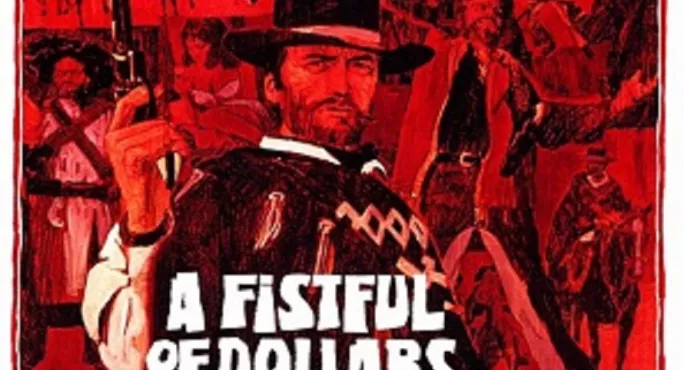The thing about Hollywood westerns and political thrillers is that they are works of fiction. The fact that the chief inspector uses them as sources of evidence for recommendations about school leadership is therefore a cause for concern. We can only hope that Ofsted is less reliant on fiction when it comes to the rest of its work.
Fictional films can be inspirational and thought-provoking. They can contain truth and we can learn things with application to the real world. But their primary purpose is entertainment. And when it comes to the portrayal of leadership, this can be problematic. They achieve entertainment through drama and therefore they show leadership in terms of drama. This places an emphasis on the decision, the confrontation, the inspiring speech, on charisma and action. In this world, one pivotal moment determines success.
The trouble is, leadership in the real world is composed of thousands of moments. Success in leadership is built up over the long term in far less glamorous ways. It is hard work. Not one great speech but hundreds of conversations giving a consistent message. Not just the decision but how you ensure it is carried through. Not just confrontation but also enquiry and coaching. It is hard to translate these on to the screen without sending the audience to sleep but these are the actions that bring an organisation to life. And lessons we need to send to aspiring leaders.
‘Leader stereotypes’
I also worry about leadership development by stereotype. Too often we assume that there is an ideal personality type, represented by an iconic individual. There is no ideal leadership personality (although there are a few bad ones) and, short of extreme trauma, people rarely transform their basic personality as adults. There are quiet leaders and dramatic leaders; witty leaders and serious leaders; impatient leaders and calm leaders; clean-shaven leaders and stubbly leaders...
Telling school leaders to be like Clint Eastwood doesn’t really help. They can put on a hat and neglect to shave; beyond that, where does that advice lead them?
Helping them to understand who they are, and in which situations that’s a strength and in which it is a weakness; that creates an insight they can act on. It helps them to lead from a position of honesty and humility, rather than the constant tension of waiting for people to see through the act.
There are no quick fixes in leadership and no quick fixes in creating leaders. These are dangerous myths that result in tarnished heroes. And anyone who relies on a single style in every situation is like a gunslinger with only one round in the barrel.
Russell Hobby is general secretary of the NAHT school leaders’ union. He tweets as @russellhobby
Want to keep up with the latest education news and opinion? Follow TES on Twitter and like TES on Facebook




